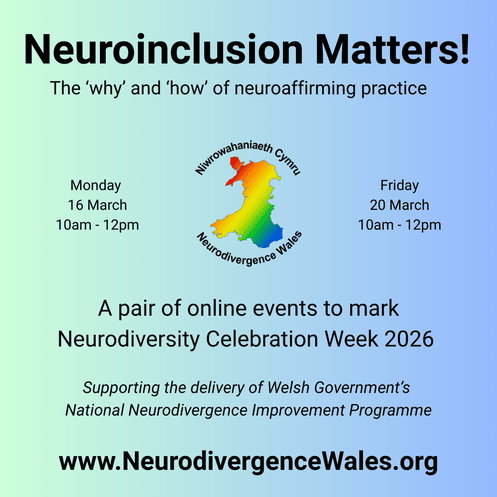
Neuroinclusion Matters!
February 2, 2026
A range of useful resources have been developed with neurodivergent people. These can help with day to day activities and plans.
This page highlights key resources on our website which help to build a better understanding of autism.
On this page you will find downloadable links to a range of advice sheets on a variety of topics.
The profile can help people gain a better understanding of you and how they can help and support you more effectively.
The glossary provides the meaning for various idioms.
The orange wallet scheme aims to help neurodivergent people when travelling on public transport.
This resource booklet outlines the resources we have available on our website.
Each Local Authority has a local Autism Lead that is the key contact for autism information, advice and guidance in that area.
Dewis Cymru is the site to go to if you want information or advice about services within your area, as well as information on your well-being.
There are 7 Integrated Autism Services across Wales. They are a partnership between health and social care. Their primary focus is autistic adults who do not access statutory services or those adults seeking a diagnostic assessment.
Within this area of the website is a selection of other web resources that autistic people and those that care for them may find helpful.
A range of useful resources have been developed with neurodivergent people. These can help with day to day activities and plans.
This section helps to build a better understanding of ADHD.
In this section there are a set of structured modules that follow the National Training Framework for Wales. These modules have been coproduced with an advisory group of neurodivergent people and features their voices and experiences.
On this page you will find downloadable links to a range of advice sheets on a variety of topics.
The profile can help people gain a better understanding of you and how they can help and support you more effectively.
The glossary provides the meaning for various idioms.
The orange wallet scheme aims to help neurodivergent people when travelling on public transport.
This resource booklet outlines the resources we have available on our website.
Dewis Cymru is the site to go to if you want information or advice about services within your area, as well as information on your well-being.
Within this area of the website is a selection of other web resources that autistic people and those that care for them may find helpful.
A range of useful resources have been developed with neurodivergent people. These can help with day to day activities and plans.
This section helps to build a better understanding of Tourettes. A range of resources have been developed in partnership with people with Tourettes, parents and carers and professionals that clearly explain what Tourettes Syndrome is and how it affects people’s interaction with the world around them.
In this section there are a set of structured modules that follow the National Training Framework for Wales. These modules have been coproduced with an advisory group of neurodivergent people and features their voices and experiences.
The profile can help people gain a better understanding of you and how they can help and support you more effectively.
Dewis Cymru is the site to go to if you want information or advice about services within your area, as well as information on your well-being.
Within this area of the website is a selection of other web resources that neurodivergent people and those that care for them may find helpful.
This section offers a collection of advice sheets to support neurodivergent people across a range of topics.
This page has a collection of resources to help you to learn about self-acceptance of neurodivergence.
This page has a collection of resources to help you to explore relationships, communication, and social connections.
This page has a collection of resources to help you to understand attention and concentration.
This page has a collection of resources to help you to understand impulsivity and emotional regulation.
This page has a collection of resources to help you to develop practical skills for organisation, time keeping, and managing money day-to-day.
This page has a collection of resources to help you to look after your mental health and wellbeing.
This page offers a collection of resources about neurodivergence across a range of topics.
This page has a collection of advice sheets on a range of topics that you may find useful.
A series of resources have been developed aimed at the key stages of education. These resources include information to increase understanding and awareness and to also help address many of the barriers that a neurodivergent learner may face.
The resources are aimed at increasing understanding of neurodivergence for those working in FE and provides a practical handbook for neurodivergent students.
The resources are aimed at increasing understanding of neurodivergence for those working in WBL and provides a practical handbook for neurodivergent learners.
A series of resources have been developed aimed at choosing the right career/job, securing and maintaining employment. These include practical tools for the neurodivergent person and prospective/ current employers.
This employment resource booklet for neurodivergent people provides practical information and signposts to useful employment resources. The booklet supplements the information provided at our Exploring Employment event.
Use the dictionary to search for terms that you wish to find the definitions of.
Create your personal skills list to assist you in your job search.
Create your own CV here which you can save and download once complete.
If your organisation would like to register to become an ‘Autism Understanding & Accepting’ organisation and receive a personalised organisation / service certificate, please click here.
To assist you in your job search, access our workbook here.
This section includes resources that your employer may find useful.
This section includes resources and contacts that you may find useful.
Each Local Authority has a local Autism Lead that is the key contact for information, advice and guidance in that area.
Dewis Cymru is the site to go to if you want information or advice about services within your area, as well as information on your well-being.
There are 7 Integrated Autism Services across Wales. They are a partnership between health and social care. Their primary focus is autistic adults who do not access statutory services or those adults seeking a diagnostic assessment.
Within this area of the website is a selection of other web resources that autistic people and those that care for them may find helpful.
This section helps to build a better understanding of a range of neurodivergent conditions. A range of resources have been developed in partnership with neurodivergent people, parents and carers and professionals that clearly explain what neurodivergence is and how it affects people’s interaction with the world around them.
This section helps to build a better understanding of autism.
This section helps to build a better understanding of ADHD.
This section helps to build a better understanding of Tourettes.
This section offers a collection of resources to help you support your child across various areas.
This page has a collection of resources to help you to support your child’s sleep.
This page has a collection of resources to help you to understand your child’s assessment process.
This page has a collection of resources to help you to understand and manage issues with your neurodivergent child’s food and eating.
This page has a collection of resources to help parents and carers support the siblings of neurodivergent children.
This page has a collection of resources to help you to support your child in planning and organsing.
This page has a collection of resources to help you to support your child’s school experience.
This page has a collection of resources to help you to support your child’s toileting.
This page has a collection of resources to help you to support your child’s challenging behaviour/distress behaviour.
This page has a collection of resources to help parents and carers support neurodivergent children with sensory processing.
This page has a collection of resources to help parents and carers support neurodivergent children in staying safe online.
This page offers a collection of resources to help you understand and support neurodivergence.
Online information sessions for parents and carers, providing information about a range of topics relating to neurodivergence.
In this section, you will find a collection of audio discussions between neurodivergent parents.
This page has a collection of advice sheets on a range of topics that you may find useful.
This page has a collection of Top Tips sheets on a range of topics that you may find useful.
This page provides a variety of resources for you and those around you.
The resources within this section were developed in partnership with neurodivergent people, parents and carers and professionals. The resources are aimed at increasing the knowledge, skills, understanding of neurodivergence and practical tools for parents and carers of neurodivergent people.
This section contains information for autistic children.
This section contains information for young neurodivergent people and adults.
This section contains information for the siblings of neurodivergent children.
This section includes resources and contacts that you may find useful.
The Learning about Autism programme is a whole school/setting approach to improving awareness and understanding of the needs of autistic pupils. A school can gain the award by completing the programme.
This section helps to build a better understanding of autism. A range of resources have been developed in partnership with autistic people, parents and carers and professionals that clearly explain what autism is and how it affects autistic people’s interaction with the world around them.
The resources within this section were developed in partnership with autistic people, parents and carers and professionals. The resources are aimed at increasing the knowledge, skills, and understanding of autism for those working in an early years setting.
The resources within this section were developed in partnership with autistic people, parents and carers and professionals. The resources are aimed at increasing the knowledge, skills, and understanding of autism for those working in a primary school.
The resources within this section were developed in partnership with autistic people, parents and carers and professionals. The resources are aimed at increasing the knowledge, skills, and understanding of autism for those working in a secondary school.
The resources within this section were developed in partnership with autistic people, parents and carers and professionals. The resources are aimed at increasing the knowledge, skills, and understanding of autism for those working in further education and to provide a practical handbook for autistic students.
The resources within this section were developed in partnership with autistic people, parents and carers and professionals. The resources are aimed at increasing the knowledge, skills, and understanding of autism for those working in work based learning and to provide a practical handbook for autistic learners.
The resources within this section were developed for teachers and Early Years leaders. These resources aim to enhance the knowledge, skills, and understanding of neurodivergence for professionals working in educational environments.
In this section you will find a series of eLearning modules, which focus on a range of neurodivergent conditions. These modules have been co-produced with, and include video contributions from, people within the neurodivergent community.
In this section, you will find a range of recordings from our Community of Practice events. The recordings in this section focus specifically on education.
In this section, you will find a range of recordings from our Community of Practice events. These events focus on a range of different neurodivergent conditions, and issues that impact the neurodivergent community. This section will be regularly updated when these events take place.
This Resource Toolkit was developed for all professionals working in Specialist CAMHS. It is equally relevant for anyone working with neurodivergent children, young people and their families in health, education and social care, in helping to understand, explain and support wellbeing and practical outcomes.
This section includes additional resources that you may find useful.
The resources within this section were developed for Learning Support Assistants (LSAs).
These materials are designed to support LSAs in building their knowledge, skills, and understanding of neurodivergence, helping them to better assist neurodivergent students.
In this section you will find a series of eLearning modules, which focus on a range of neurodivergent conditions. These modules have been co-produced with, and include video contributions from, people within the neurodivergent community.
In this section, you will find a range of recordings from our Community of Practice events. The recordings in this section focus specifically on education.
In this section, you will find a range of recordings from our Community of Practice events. These events focus on a range of different neurodivergent conditions, and issues that impact the neurodivergent community. This section will be regularly updated when these events take place.
This Resource Toolkit was developed for all professionals working in Specialist CAMHS. It is equally relevant for anyone working with neurodivergent children, young people and their families in health, education and social care, in helping to understand, explain and support wellbeing and practical outcomes.
This section includes additional resources that you may find useful.
The resources within this section were developed for school governors and other staff members.
These resources are intended to increase awareness and understanding of neurodivergence, equipping all school staff with the tools needed to support neurodivergent students effectively.
In this section you will find a series of eLearning modules, which focus on a range of neurodivergent conditions. These modules have been co-produced with, and include video contributions from, people within the neurodivergent community.
The resources within this section were developed for neurodivergent pupils.
These materials aim to provide neurodivergent students with information, tools, and strategies to navigate their educational journey confidently and successfully.
In this section you will find a series of eLearning modules, which focus on a range of neurodivergent conditions. These modules have been co-produced with, and include video contributions from, people within the neurodivergent community.
This section includes additional resources that you may find useful.
The resources within this section were developed for parents/carers of neurodivergent children. These resources are designed to help parents/carers better understand neurodivergence and provide them with the knowledge and skills to support their child’s education and development.
In this section you will find a series of eLearning modules, which focus on a range of neurodivergent conditions. These modules have been co-produced with, and include video contributions from, people within the neurodivergent community.
In this section, you will find a range of recordings from our Community of Practice events. The recordings in this section focus specifically on education.
Online information sessions for parents and carers, providing information about a range of topics relating to neurodivergence. Each session consists of a presentation, followed by a Q&A.
In this section, you will find a range of recordings from our Community of Practice events. These events focus on a range of different neurodivergent conditions, and issues that impact the neurodivergent community. This section will be regularly updated when these events take place.
This section includes additional resources that you may find useful.
A series of resources have been developed aimed at choosing the right career/job, securing and maintaining employment. These include practical tools for the neurodivergent person and prospective/current employers.
Use the dictionary to search for terms that you wish to find the definitions of.
Create your personal skills list to assist you in your job search.
Create your own CV here which you can save and download once complete.
To assist you in your job search, access our workbook here.
This employment resource booklet for neurodivergent people provides practical information and signposts to useful employment resources. The booklet supplements the information provided at our Exploring Employment event.
This section includes recordings of all workshops from our virtual employment event called ‘Exploring Employment: How to find and keep the job or career that’s right for you’. The event is for neurodivergent people of working age.
This section includes resources that your employer may find useful.
A series of resources have been developed aimed at employers to gain greater skills, knowledge and understanding of neurodivergence and how to support neurodivergent employees more effectively.
This section helps to build a better understanding of autism.
This section helps to build a better understanding of ADHD.
This section helps to build a better understanding of Tourettes.
If your organisation would like to register to become an ‘Autism Understanding & Accepting’ organisation and receive a personalised organisation / service certificate, please click here.
These resources offer advice and guidance to employers on how best to support autistic employees in the workplace.
This employment resource booklet for neurodivergent people provides practical information and signposts to useful employment resources. The booklet supplements the information provided at our Exploring Employment event.
This section includes recordings of all workshops from our virtual employment event called ‘Exploring Employment: How to find and keep the job or career that’s right for you’. The event is for neurodivergent people of working age.
This section includes resources that your neurodivergent employee may find useful.
This section helps to build a better understanding of neurodivergence. A range of resources have been developed in partnership with neurodivergent people, parents and carers and professionals that clearly explain what neurodivergence is and how it affects neurodivergent people’s interaction with the world around them.
This section helps to build a better understanding of autism.
This section helps to build a better understanding of ADHD.
This section helps to build a better understanding of Tourettes.
In this section, you will find recordings from our Community of Practice events, which focus on a range of different neurodivergent conditions, and issues that impact the neurodivergent community.
If your organisation would like to register to become an ‘Autism Understanding & Accepting’ organisation and receive a personalised organisation / service certificate, please click here.
This section helps to build a better understanding of neurodivergence. A range of resources have been developed in partnership with neurodivergent people, parents and carers and professionals that clearly explain what neurodivergence is and how it affects neurodivergent people’s interaction with the world around them.
This section helps to build a better understanding of neurodivergence. A range of resources have been developed in partnership with neurodivergent people, parents and carers and professionals that clearly explain what neurodivergence is and how it affects neurodivergent people’s interaction with the world around them.
This film highlights the way autism can present differently from person to person and outlines the signs of autism.
This Resource Toolkit is for all professionals working in Specialist CAMHS but primarily for CAMHS clinicians working with neurodivergent children and young people, and their families to understand, explain and support wellbeing and practical outcomes.
The resources within this section were developed in partnership with neurodivergent people, parents and carers and professionals. The resources are aimed at increasing the knowledge, skills, and understanding of neurodivergence for young people and adult health and social care professionals.
This section helps to build a better understanding of autism.
This section helps to build a better understanding of ADHD.
This section helps to build a better understanding of Tourettes.
In this section, you will find recordings from our Community of Practice events, which focus on a range of different neurodivergent conditions, and issues that impact the neurodivergent community.
If your organisation would like to register to become an ‘Autism Understanding & Accepting’ organisation and receive a personalised organisation / service certificate, please click here.
This section helps to build a better understanding of neurodivergence. A range of resources have been developed in partnership with neurodivergent people, parents and carers and professionals that clearly explain what neurodivergence is and how it affects neurodivergent people’s interaction with the world around them.
This section helps to build a better understanding of neurodivergence. A range of resources have been developed in partnership with neurodivergent people, parents and carers and professionals that clearly explain what neurodivergence is and how it affects neurodivergent people’s interaction with the world around them.
This Resource Toolkit was developed for all professionals working in Specialist CAMHS. It is equally relevant for anyone working with neurodivergent children, young people and their families in health, education and social care, in helping to understand, explain and support wellbeing and practical outcomes.
The resources within this section were developed in partnership with neurodivergent people, parents/carers, and professionals. The resources are aimed at increasing the knowledge, skills and understanding of neurodivergence for those working with families.
This section helps to build a better understanding of autism.
This section helps to build a better understanding of ADHD.
This section helps to build a better understanding of Tourettes.
This section brings together practical, one-page resources designed to support professionals working with families around neurodivergence.
The resources within this section were developed in partnership with neurodivergent people, parents and carers and professionals. The resources are aimed at increasing the knowledge, skills, and understanding of neurodivergence for housing professionals.
This section helps to build a better understanding of autism.
This section helps to build a better understanding of ADHD
This section helps to build a better understanding of Tourettes
This section is aimed at increasing the knowledge, skills and understanding of autism of housing services staff. And includes a comprehensive guide for housing staff based upon good practice and the Housing Act.
The resources within this section were developed in partnership with neurodivergent people, parents and carers and professionals. The resources are aimed at increasing the knowledge, skills, and understanding of neurodivergence for those working in sport and leisure services.
This section helps to build a better understanding of autism.
This section helps to build a better understanding of ADHD.
This section helps to build a better understanding of Tourettes.
If your organisation would like to register to become an ‘Autism Understanding & Accepting’ organisation and receive a personalised organisation / service certificate, please click here.
The resources within this section were developed in partnership with neurodivergent people, parents and carers and professionals. The resources are aimed at increasing the knowledge, skills, and understanding of neurodivergence for those working in the emergency services.
This section helps to build a better understanding of autism.
This section helps to build a better understanding of ADHD.
This section helps to build a better understanding of Tourettes.
This section is aimed at increasing the knowledge, skills and understanding of neurodivergence for the emergencies services.

February 2, 2026
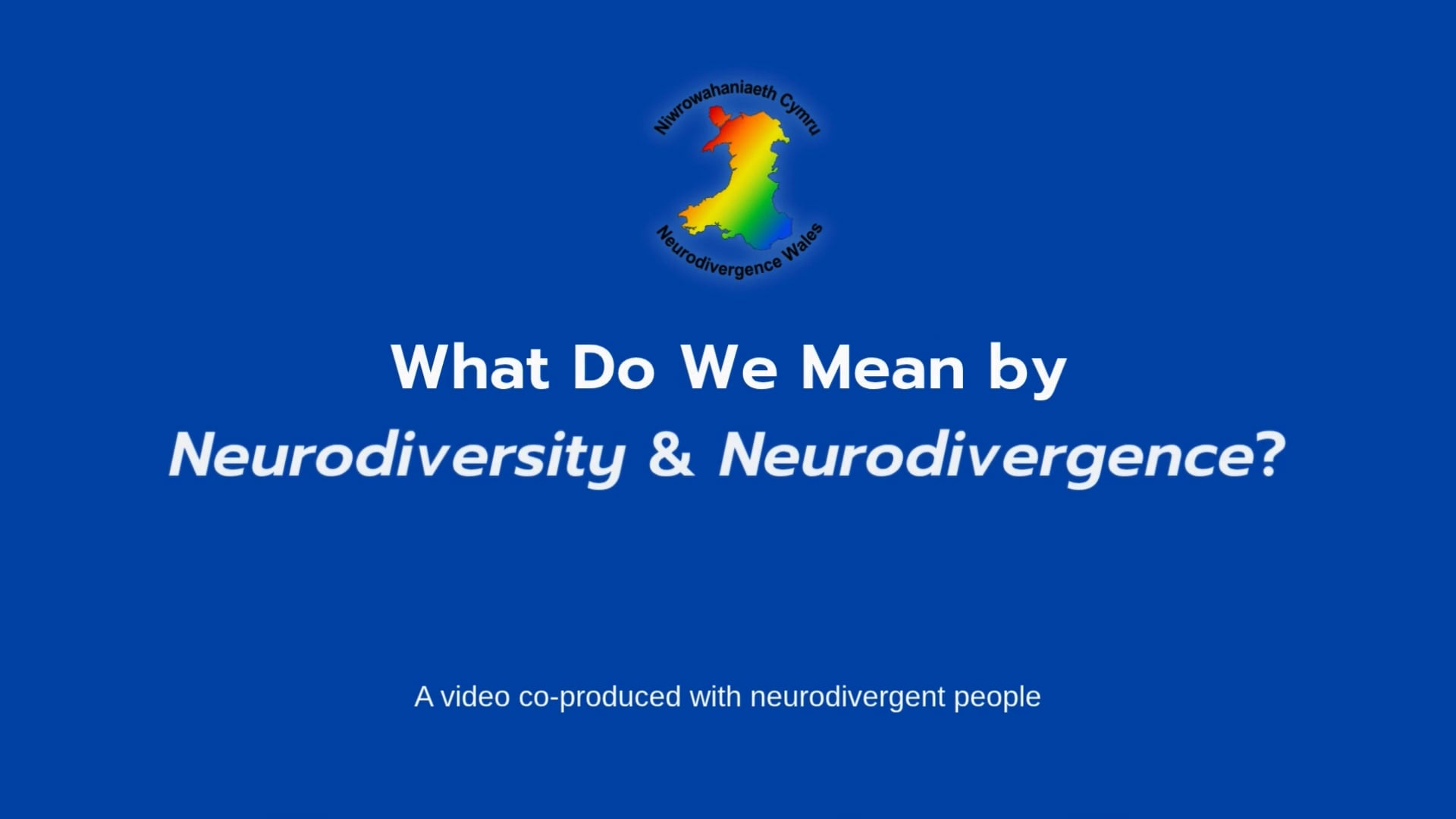
January 16, 2026
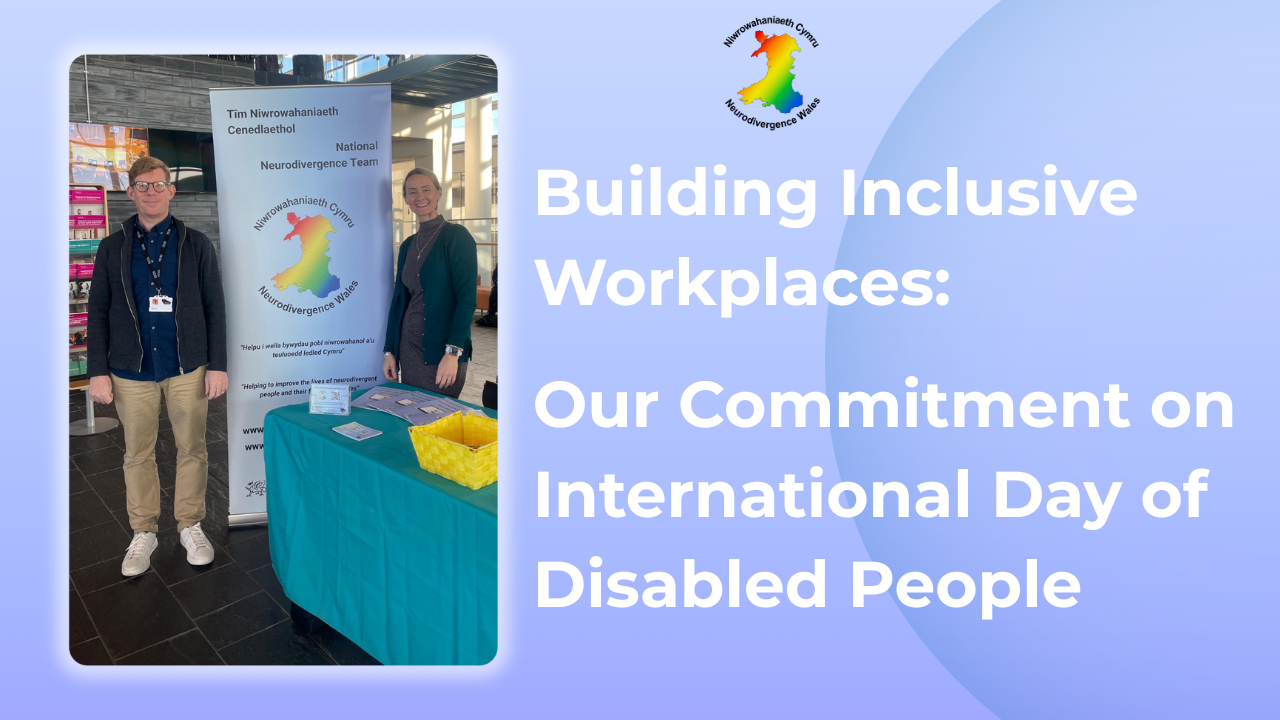
December 3, 2025
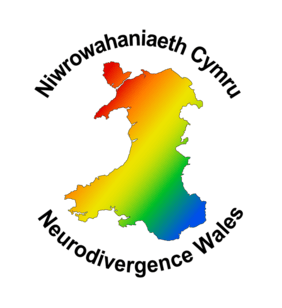
September 24, 2025

August 12, 2025
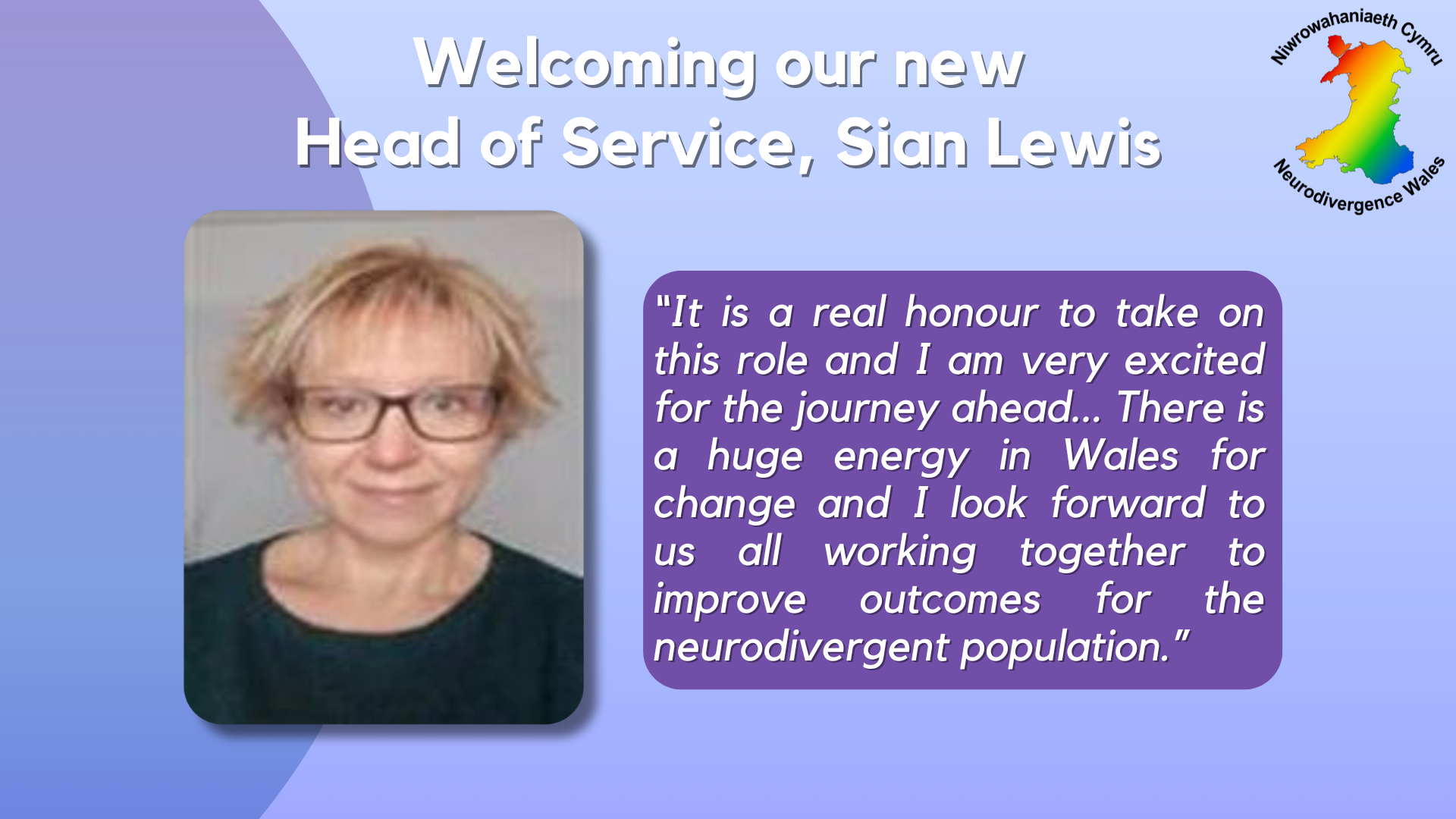
July 14, 2025